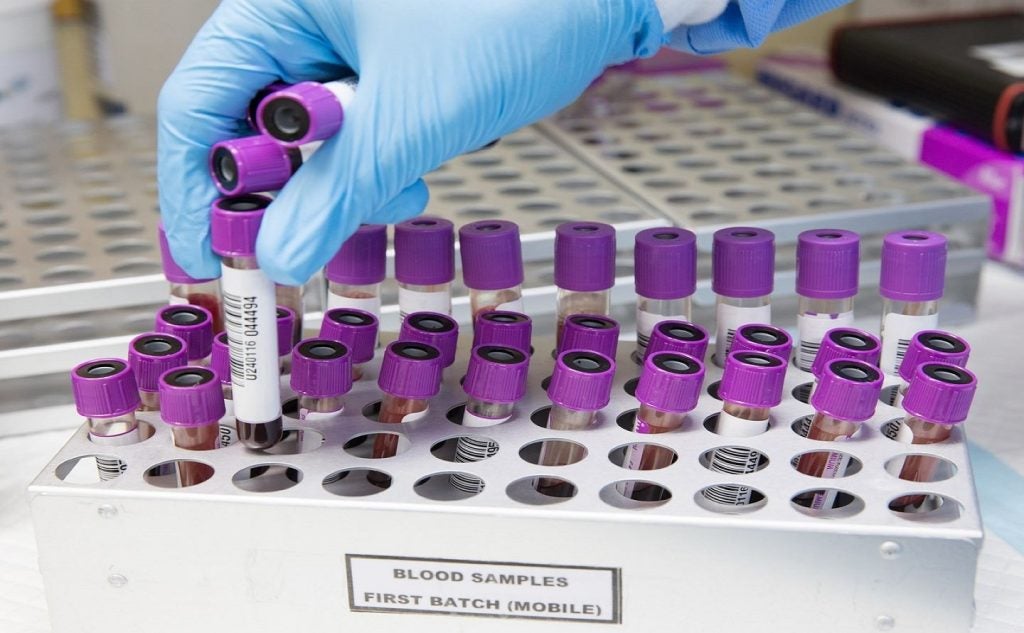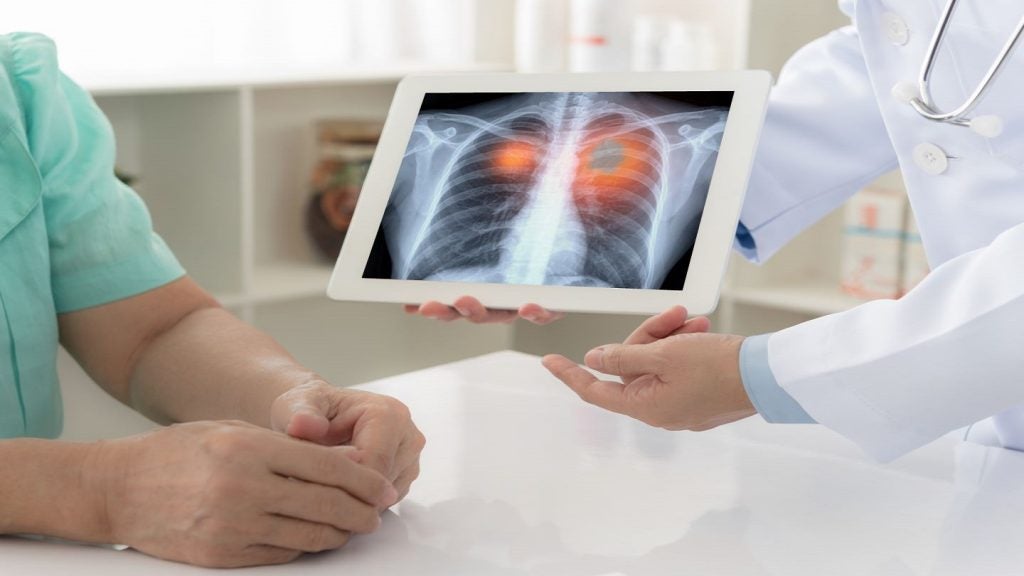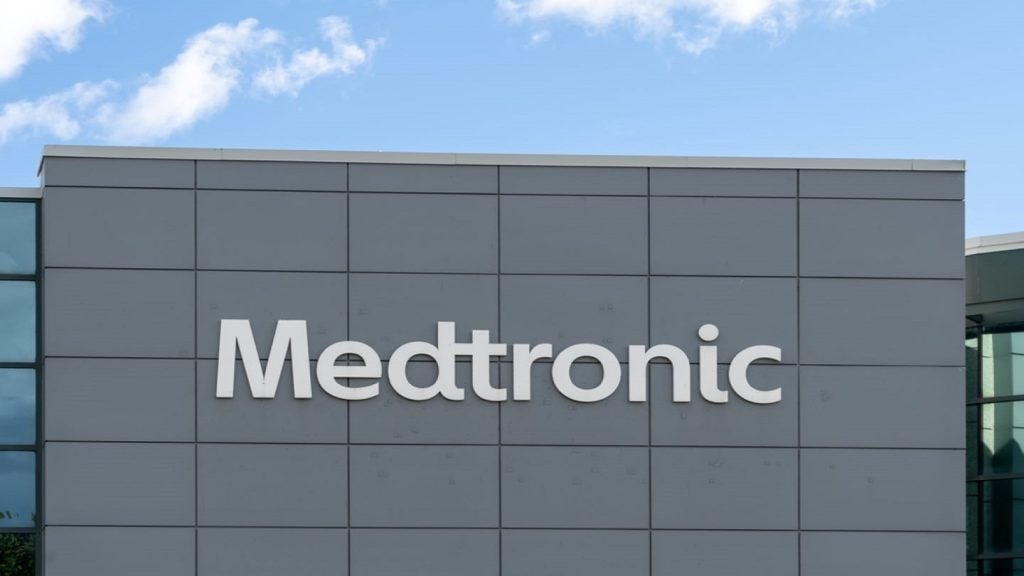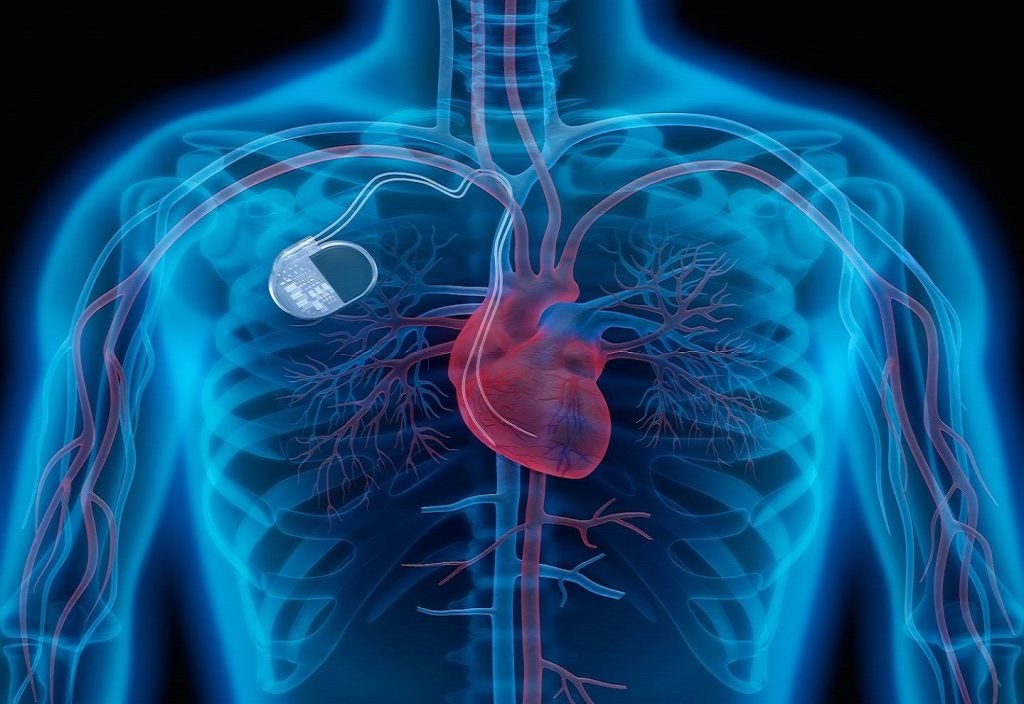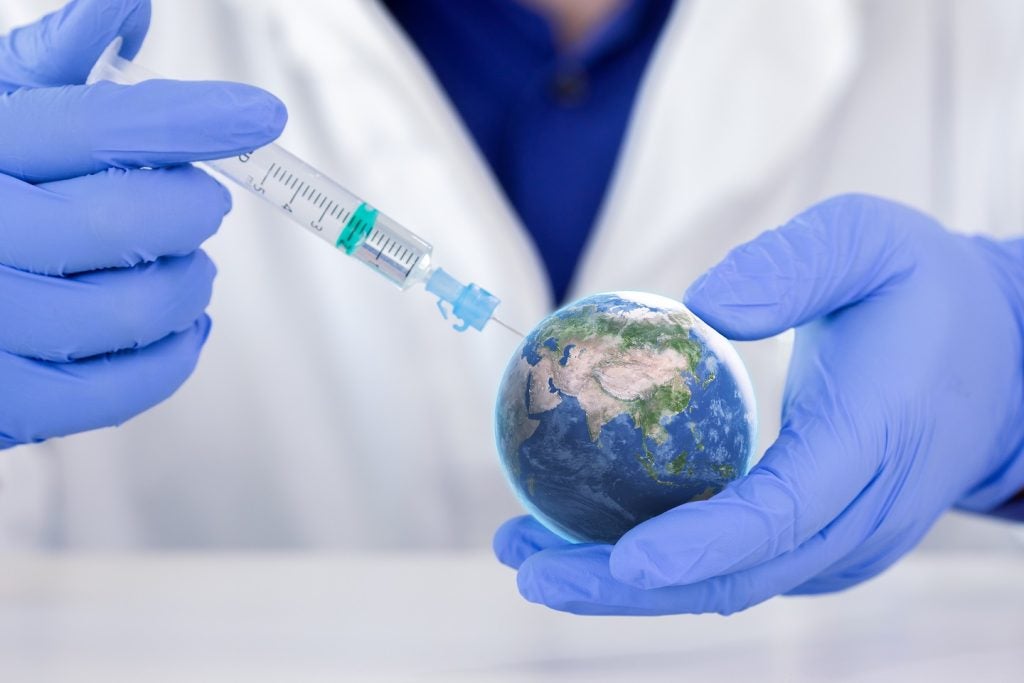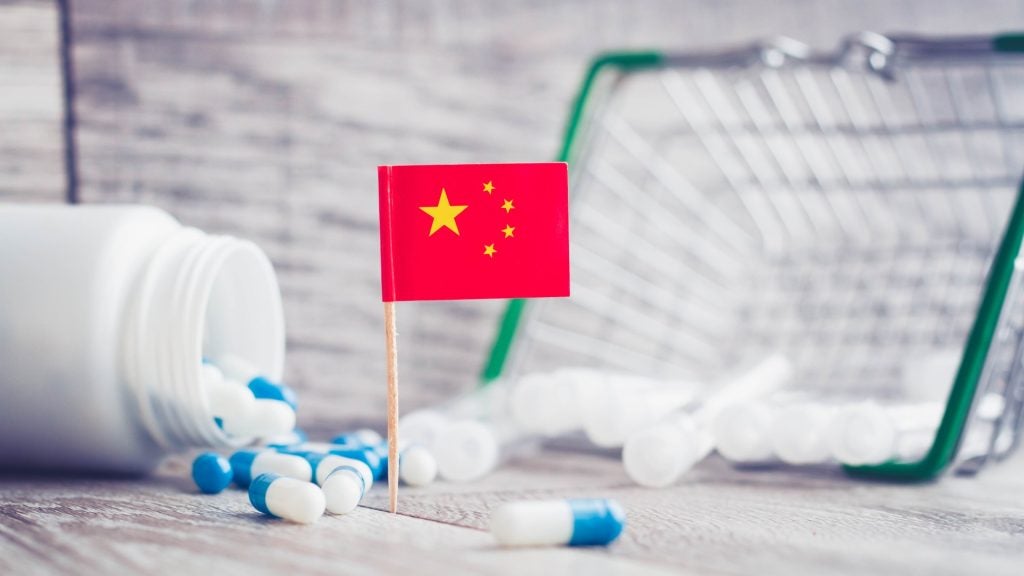Cleo Diagnostics has received a patent from the US Patent and Trademark Office (USPTO) for its new biomarker for ovarian cancer.
The CXCL10 Binding Proteins and Compositions Thereof patent encompasses Cleo's proprietary biomarkers and antibody formulations, which include the essential technology of the company's blood test designed for ovarian cancer.
This patent portfolio focuses on binding proteins for C‐X‐C motif chemokine ligand 10 (CXCL10) and techniques for diagnosing a condition, such as malignancy. This includes the assessment of the CXCL10 level in a subject.
For monitoring tumour burden, malignancy progression, or the likelihood of tumour recurrence in a patient, determining the CXCL10 level can also be utilised.
The patent broadens Cleo's portfolio of intellectual property (IP), adding to the patent received earlier this year in Australia.
More patent applications are presently pending in India, Korea, Japan, China, Singapore, New Zealand, Israel and Europe.
Cleo CEO Richard Allman said: “Securing a US patent not only expands the company’s IP portfolio, but it also marks an important milestone which effectively activates our commercialisation plans to pursue market entry in the largest diagnostics market in the world.
“Cleo’s simple blood test for accurate and early detection of ovarian cancer has the potential to transform the standard of care for women globally.”
The goal of the company is to introduce a simple blood test that utilises the patented CXCL10 biomarker for the precise and early detection of ovarian cancer.


